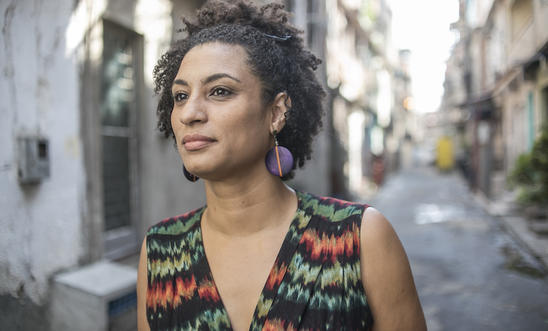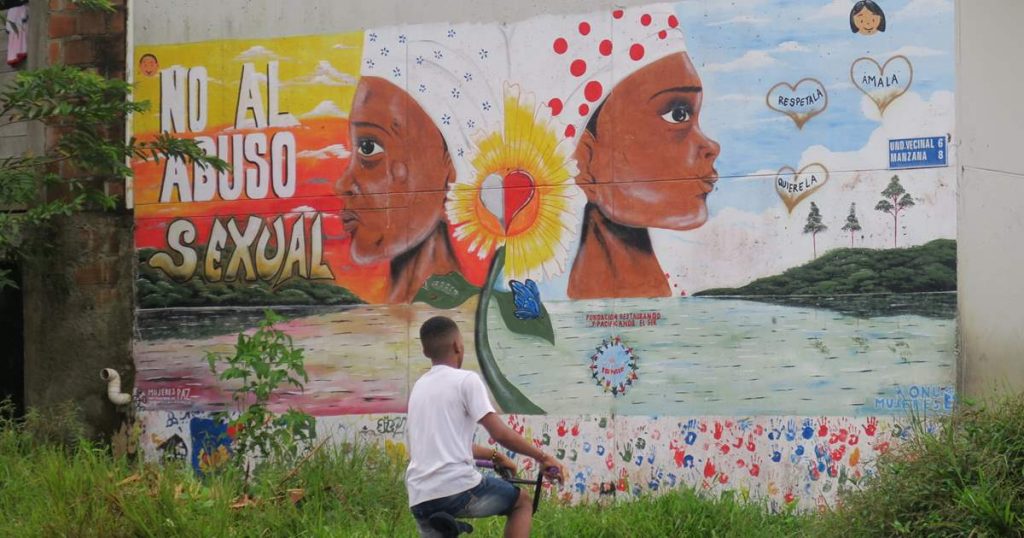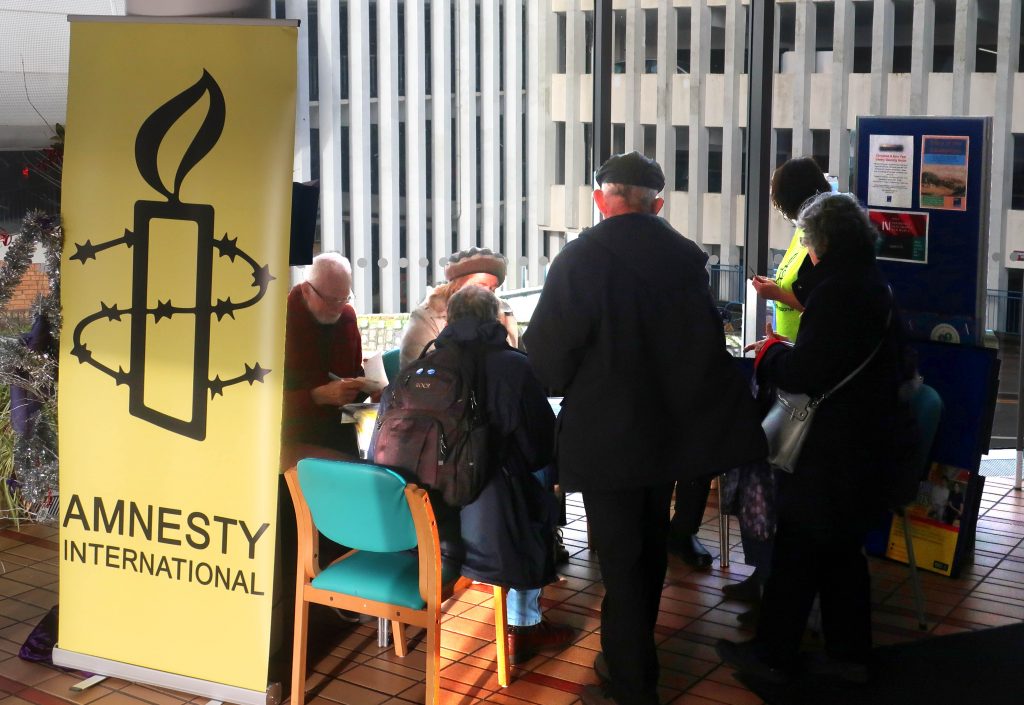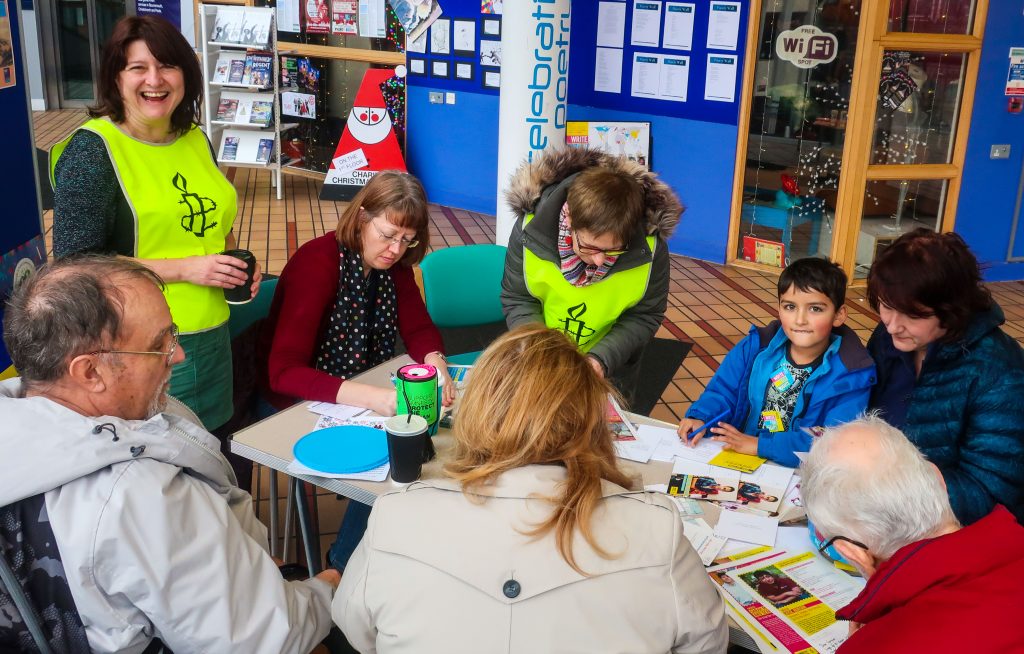|
 |
Marielle Franco.Our case file is on the murder of Marielle Franco and her driver Anderson Gomes. Marielle was born and raised in a favela in Rio, Brazil. An elected councillor, she worked tirelessly to promote the rights of black women, LGBTI and young people.Marielle refused to stay silent about police killings and continued to speak out against injustice right up until hours before her brutal killing in March 2018. A car pulled up beside hers, and Marielle was shot four times in the head. Her driver Anderson Pedro Gomes was also killed. People who defend human rights in Brazil, like Marielle, are often attacked or threatened. The authorities do not respond adequately – and most of these crimes go completely unpunished. Two ex military policemen were arrested nearly a near ago, but there have been no developments since. Its a month away from the 2nd anniversary of these murders. On Wednesday Amnesty Brazil will release a video from Marielle’s family thanking everyone for their support and demands for justice. We will publish this on our blog and Facebook page. Its still important to keep up pressure on authorities in Brazil. They have yet to make any meaningful progress in identifying those who ordered the crime and their motives. Please add your name to this petition:- We will be sending letters to authorities in Brazil at our meeting on Thursday. You can download these word documents and send them yourself from our letters page. |
 Amnesty has issued another
Amnesty has issued another 

